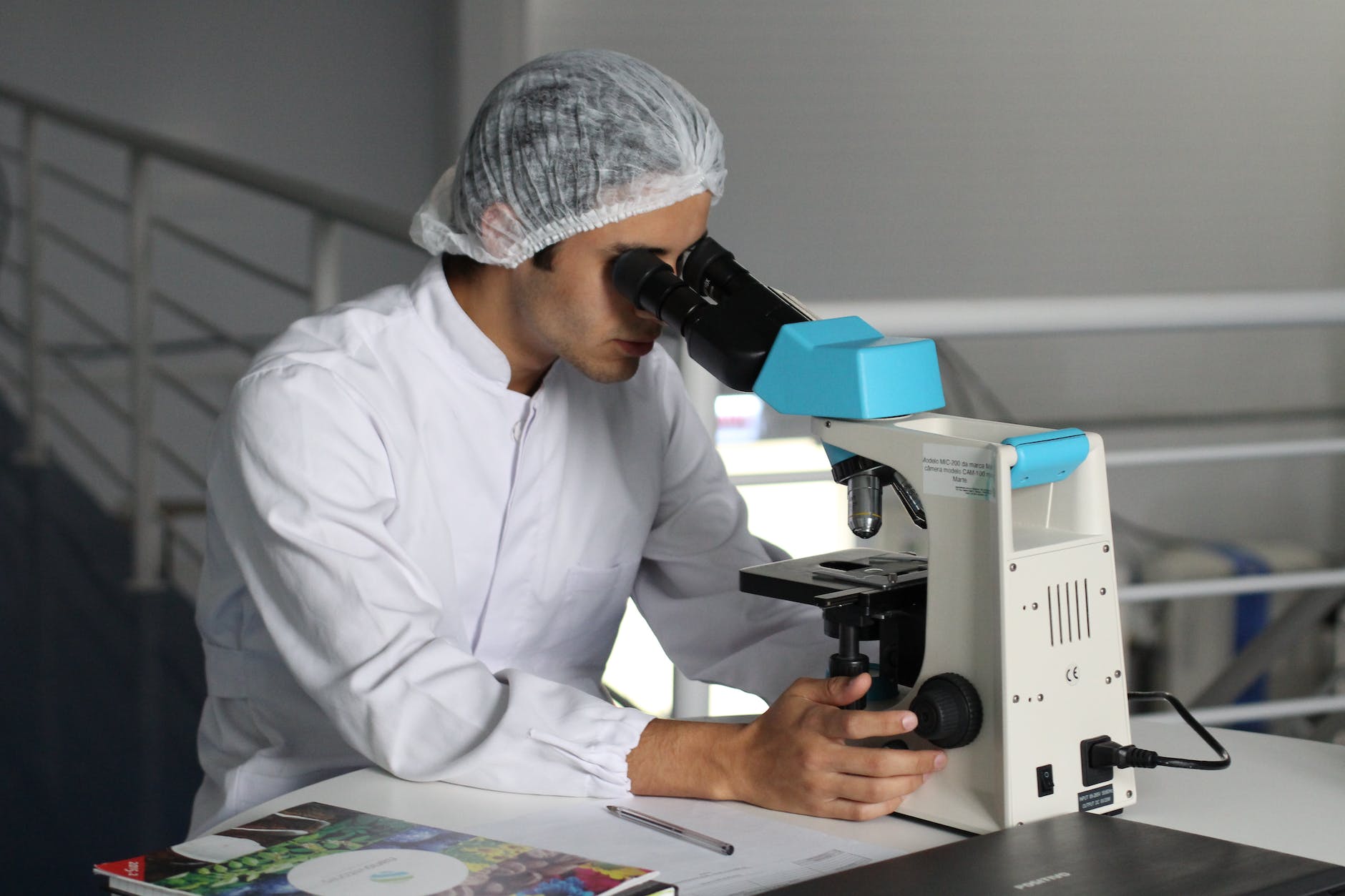Ten-Minute Cancer Test developed by Australian scientists that can detect cancer cells through the presence of of the presence of a unique DNA structure. Doctors who treat hard-to-identify cancers like mesothelioma believe this could be a step in the right direction towards earlier detection of the disease and, as such, the ability to offer treatment more quickly and effectively.

In short, the test looks for a unique DNA structure that is present in cancer cells when they are placed in water. It can quickly determine whether or not that structure is present, therefore saving both time and money regarding diagnosis of just about any kind of cancer.
“This could lead to the creation of inexpensive and portable detection devices that could eventually be used as a diagnostic tool, possibly with a mobile phone,” said Matt Trau, a University of Queensland professor and one of the creators of the test.
So far, the blood test has detected lymphoma, breast cancer, bowel cancer, and prostate cancer in laboratory animals. The researchers say they are just as confident that the test will work similarly with human subjects, simply because of the solid science behind the invention.
“Researchers have long been looking for a commonality among cancers to develop a diagnostic tool that could apply across all types,” wrote Trau and his partners, Abu Sina and Laura Carrascosa. “Using a high-resolution microscope, we saw that cancerous DNA fragments folded into three-dimensional structures in water. These were different to what we saw with normal tissue DNA in the water.”
The researchers also note that the test could likely be used not only to detect cancers of various types but also to determine whether already-diagnosed cancers are responding to the treatments being used for that particular individual.
Should the test be approved and able to detect mesothelioma, this could be a huge step forward in saving the lives of asbestos cancer patients.
That’s because the disease is usually not detected until it’s reached its later stages. At that point, it has often spread beyond the lung (or other affected body part) and is quite difficult to treat, resulting in a very poor prognosis for the patient.
If you or a loved one has been diagnosed with mesothelioma, Lee Davis is here to help. With his expertise, dedication, and compassionate approach, he is committed to fighting for the rights of mesothelioma victims and their families, seeking justice and fair compensation. Contact Lee Davis today directly at 412-781-0525 for a confidential consultation and take the first step towards reclaiming your future.

